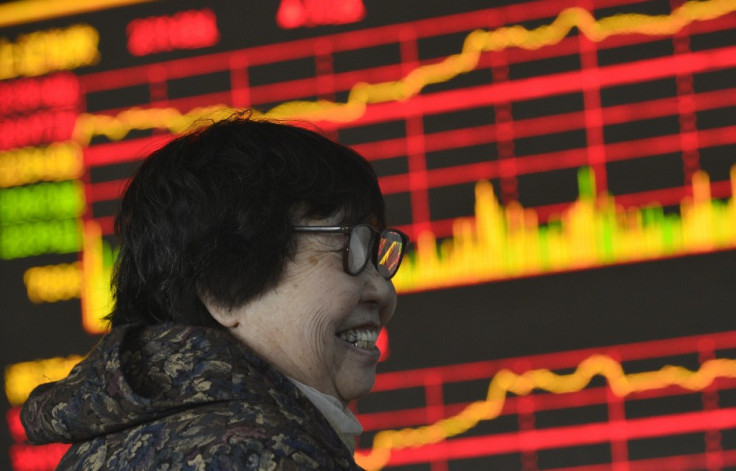Asian Markets Weekly Roundup: Japan Upbeat on Stimulus Optimism

Asian markets mostly advanced this week, with Japanese stocks posting the biggest weekly jump in about 15 months on continued monetary easing optimism and improving global economic conditions.
The Nikkei gained 5.8 percent, breaking the 12,000 mark this week as the yen dipped to a more-than-three-year low against the dollar. Hong Kong's Hang Seng rose 0.9 percent while Australia's S&P/ASX 200 added 0.7 percent. South Korea's benchmark KOSPI retreated 1 percent.
The upbeat sentiments that have prevailed among Tokyo investors ever since the yen started its plunge last November continued to push Japanese stocks higher. Market players remain positive that the country's recently elected government will deliver on its stimulus-promises.
The yen's weakness returned to focus this week, mainly because of the upbeat US economic data that boosted the dollar. The greenback rose to its highest level since 2009, as much as 96 yen.
"After what proved to be only a brief pause, the slide in the yen and associated surge in the Nikkei have both resumed with a vengeance," said Julian Jessop, economist at Capital Economics.
"A yen/dollar exchange rate of 100 and a further rally to 13,000 on the Nikkei are certainly plausible targets for the near term".
Bank of Japan's current governor Masaaki Shirakawa and his two deputies are stepping down this month. The government's nominee Haruhiko Kuroda, a vocal advocate of Abe-style aggressive monetary easing measures, is widely believed to take office next.
At its policy meet this week, the BoJ decided to leave its interest rate and asset purchase programme unchanged, setting a clear stage for Kuroda to begin his term on a bold note. Earlier this week, the former Asian Development Bank chief had said that he would do whatever necessary to shore up Japan's struggling economy, even hinting that the planned open-ended -asset-purchase programme could be advanced.
Meanwhile in China, the annual National People's Congress kick-started this week, which will see the country's new leaders formally taking office. At the start of the summit the government had revealed that it is setting a 7.5 percent economic growth target for 2013, similar to the previous year.
Analysts point out that China usually surpasses government estimates, suggesting that gross domestic product (GDP) could surge as much as 8.1 percent in the year.
While such speculations boosted market sentiments, concerns on the country's real estate sector-curbs continued to haunt investors. Property sector accounts for a significant portion of the GDP and directly impacts many other industries.
Outside Asia, US economic optimism was further boosted this week. After improved weekly jobless claim data, the more-critical monthly nonfarm payrolls figures showed that US employers added more employees than expected during the month of February, pushing the jobless rate to a four year low.
European Central Bank too came in focus this week as the lender decided to maintain its interest rate at 0.75 percent.
The Week Ahead
A number of economic indicators are set for release in the coming week. In Japan, the core machinery orders and the government's quarterly business outlook survey will be published. Consumer confidence figures are also expected.
In China, industrial output, retail sales and fixed income asset data are set for release next week. While investors are expected to keep a close watch on these data for economic health signs, a bigger point of focus will be the National People's Congress conclusion towards the weekend.
The eurozone industrial output and employment figures are also set for release in the coming week. The US retail sales and consumer price data are expected next week as well.
© Copyright IBTimes 2025. All rights reserved.


















